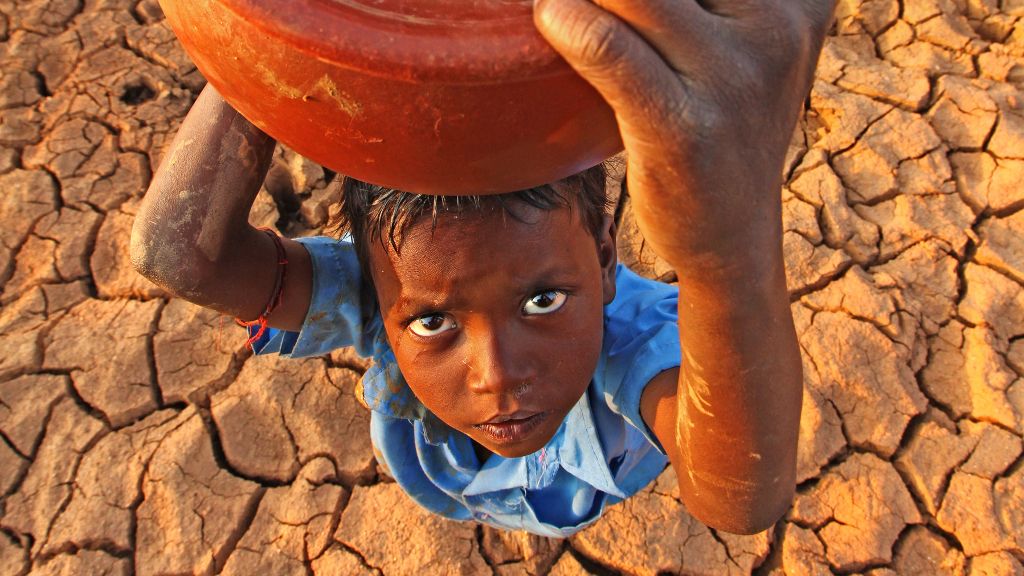Governments in Asia and the Pacific must invest in education and training to comprehensively develop climate literacy and green skills needed for low-carbon economies, as a new report from the Asian Development Bank (ADB) suggests that education systems and nationally determined contributions (NDCs) have not yet caught up with the human development needs of climate resilient economic growth< says ADB press release

Globally, the demand for green jobs is outpacing the supply of green workers, according to ADB’s Climate Change and Education Playbook launched this week. The report also stresses the need for adapting schools to the impacts of climate change as extreme weather is significantly increasing school closures and affecting learning outcomes and household incomes over the long-term.
In India for example, students who experience prolonged exposure to storms are about 7% more likely to fall behind in school and will experience an 8% drop in household income on average. Last year, extreme heat in the Philippines closed schools for 32 days while Pakistan’s devastating floods in 2022 damaged some 17,000 schools, disrupting education for 2.6 million children.
“Making education systems climate-ready is a key policy agenda in the coming years,” said ADB Sectors Group Director General Ramesh Subramaniam. “We must make education systems climate-ready at various levels—from the curriculum, to infrastructure, and teacher education so that students develop the skills to enable the green transition.”
The report aligns with the Baku Initiative on Human Development for Climate Resilience at a COP29 high-level meeting attended by COP President and Azerbaijan Minister for Ecology and Natural Resources Mukhtar Babayev, Mr. Subramaniam, and other global development organizations and government representatives.
The report makes several calls to action to build climate resilience through education, such as enabling transformative climate literacy for children and youth; building green skills for the current and future workforce; incorporating the human dimension into upcoming NDCs and support the education and training of women, disadvantaged youth and the marginalized to pursue climate-resilient pathways.
With more resilient infrastructure in place, governments must introduce green skills into occupational qualifications. This will ensure that the hundreds of thousands who graduate from high school, technical and vocational education and training, have the right skills to meet rising labor market demand in specific transition-related industries such as electric vehicles, and the wider economy where environmentally conscious principles such as the circular economy are becoming more widespread.
Governments in developing Asia must ensure that they incorporate clear, substantive measures to harness education and training in forthcoming updates to their NDCs under the Paris Agreement. Doing so can ensure that education systems strategically enable countries’ paths to decarbonization based on climate literacy, green skills, and the research and development required to achieve national mitigation and adaptation goals.
With the right green investments, the transition to a low-carbon economy could create more than 230 million jobs in Asia and the Pacific by 2030, according to the report. Around 8 million coal industry workers in the region will need reskilling as coal industries are phasing out. Additionally, all 4.7 billion citizens in the region require basic climate knowledge and awareness.
ADB recently announced a new financing program that will enable it to increase its education investments. Under a partnership signed with the International Finance Facility for Education—a sovereign backed-Swiss foundation—the organization will guarantee $125 million of ADB’s existing loan portfolio which the bank will then leverage four times to generate a new $500 million in new concessional financing for lower middle-income countries in Asia and the Pacific.
ADB is committed to achieving a prosperous, inclusive, resilient, and sustainable Asia and the Pacific, while sustaining its efforts to eradicate extreme poverty. Established in 1966, it is owned by 69 members—49 from the region. MANILA, PHILIPPINES:
